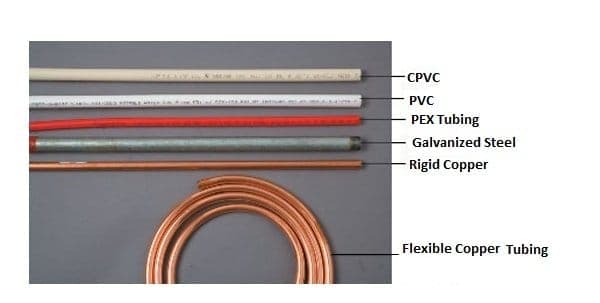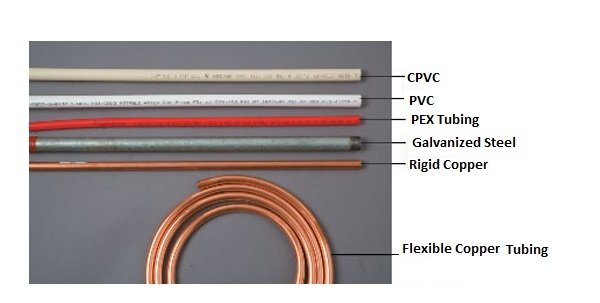
PVC pipes are a popular choice for hot water systems due to their affordability, lifespan and flexibility. PVC can withstand the high temperatures that come with hot water without compromising its integrity or safety. Its flexible nature also allows it to be installed quickly and easily without major modification of existing piping systems.
PVC pipes are considered one of the most reliable materials in plumbing and provides an effective solution for any hot water system. This material is resistant to corrosion, meaning it is highly durable, has low friction which reduces pressure drops and has excellent heat insulation qualities which keeps it from getting too hot during operation. Furthermore, PVC pipes are easy to maintain and repair, making them a great long-term investment for any hot water system. Speak to an expert at Pipe Xpress if you need to know which types and size for your job.
How to Choose Pipe Material for Hot Water?
When choosing a pipe for your hot water system, PVC should always be taken into consideration as it offers numerous advantages that make installation easier and provide better performance over time. With proper maintenance and regular checks of the system, you can ensure that your PVC pipes will last for many years to come.
The hot water system in a house depends on the quantity of hot water required. Based on requirement one of the following methods or a combination may be adopted for hot water generation:
- Instantaneous electric water heaters.
- Storage type electric water heaters (low pressure and high pressure)
- Gas-fired instantaneous water heaters
- Gas fired storage water heaters
- Solar hot water systems
In hot water piping system, there is a possibility that the high pressure water will force itself into the lower pressure supply system when the mixing faucet is opened to both supplies with rubber hose, hence the pressures of the hot water and the cold water should be made equal at each fixture. This can be reduced by use of larger and smoother pipes and long radius fittings in the hot water lines.
Pipes for hot water supply system should not corrode and be suitable for the water pressure, flow rate and temperature of water they will be carrying.
Following points should be kept in mind for selection of pipes for hot water:
- It should sustain in expected temperatures and pressures.
- There should be no electrolytic corrosion.
- It should withstand UV effects (if used outdoors).
Keeping the above points in mind common pipes for hot water supply are:
- Copper
- Polybutylene (PB)
- Chlorinated Polyvinyl Chloride (CPVC or PVC)
- Random Polyproylene (PP-R)
- Cross linked Polyethylene (PEX)

Courtesy - Cloudfront
Whatever the pipe material is, the first meter of length of pipe from water heaters should be in copper.
Also Read:
Direct Water Supply System vs Indirect Water Supply System
Plastic Water Tank vs RCC Water: Make a Right Choice
Author Bio
Nidhi Patel – Civil Engineer






























